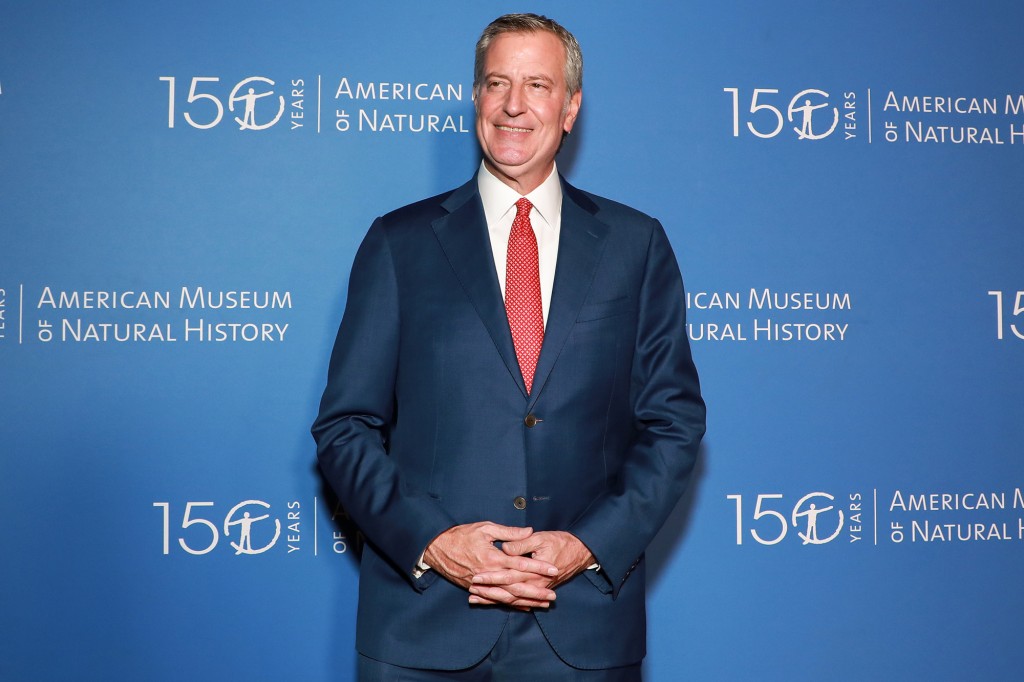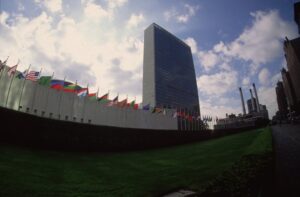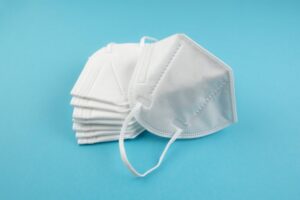Mayor Bill de Blasio is doing an end run around state laws to open the Big Apple’s two supervised shooting galleries, using needle exchange licenses already possessed by the facilities to allow them to provide supervised injection, The Post has learned.
The maneuvering comes three years after Hizzoner’s administration authored a letter to state officials asking for licenses under state law for safe injection — arguing that the licenses for needle exchange were not sufficient.
“There is no existing state legislation or approval mechanism for these facilities, and to our knowledge the City of New York did not promulgate regulations or legislation pertaining to these facilities,” said state Health Department spokeswoman Jill Montag.
The city Health Department eventually confirmed the state law work-around after days of questions from The Post: “These are existing facilities that are operated by organizations regulated by New York State to provide syringe services,” said a spokesman.
The questions arose after City Hall refused for days to detail how it gained approval for the two sites in East Harlem and Washington Heights, or which agency was tasked with regulating the facilities, or who would inspect them to ensure they are safe and sanitary.
Those questions remain unanswered.
It’s a dramatic about-face from City Hall’s 2018 position.
Then-Deputy Mayor Hermine Palacio sent a letter to former state Health Commissioner Howard Zucker requesting that he authorize up to four sites in the five boroughs as one-year pilots.
“As you know, you are authorized to license research studies that may include the possession of controlled substances, as well as studies to deal with controlled substances,” Palacio wrote, before acknowledging the needle licenses wouldn’t go far enough.

“Precedent for the exercise of your authority to permit these research pilots can be found in the leadership shown by your predecessor in 1992, when he authorized the operation of needle exchange programs in response to the HIV and hepatitis C epidemics,” she added.
De Blasio’s decision to use the existing needle exchange licenses also runs counter to the findings of a 2017 study — ordered by the City Council and completed by his administration — that evaluated possible avenues for legalizing such sites.
It determined that the best path forward would be for lawmakers in Albany to pass a law allowing the sites to open — or receiving the blessing of the state Health Department.

The 148-page review also found that de Blasio and his Health Department could potentially legalize the operation by declaring a public health emergency, though it said such a move would be legally tenuous.
The mayor did not exercise that option in okaying these sites.
“Coordination with the New York State Department of Health would be essential so as not to interfere with State health waivers authorizing [needle exchange programs],” the report warned.

And, it added: “As with local legislative efforts, local administrative actions may draw challenges under state law, depending on state prosecutors’ enforcement decisions.”
The legal maneuvering comes as the city recorded an astounding 2,000 overdose deaths in 2020 — a record high, fueled by rampant contamination of the Big Apple’s illicit drug supply by fentanyl, an ultra-lethal synthetic opioid.
It also comes as de Blasio prepares to launch a nascent bid for the Democratic Party’s 2022 gubernatorial nomination, challenging Gov. Kathy Hochul.
He touted the clinics in a video filmed just outside City Hall Park and posted on his political operation’s Twitter account on Wednesday.
City Hall did not immediately respond to questions or a request for comment.



















